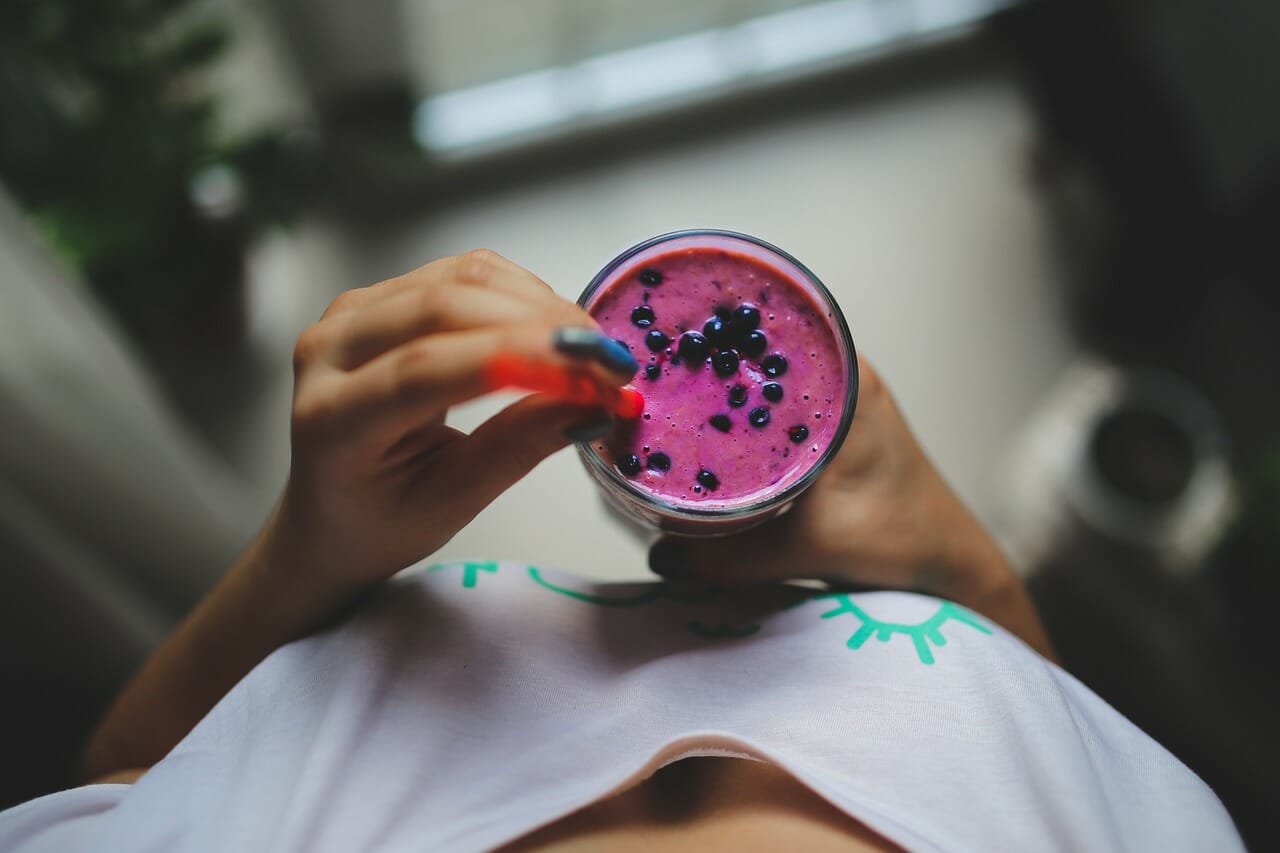Feeling down? It might be time to take inventory of what you’re putting in your body. The newest buzzword in the health world is psychobiotics which are beneficial bacteria (probiotics/prebiotics) that directly influence bacteria-brain relationships. Psychobiotics are a BIG deal when it comes to our well-being as they exert antidepressant effects emotionally, cognitively, systemically and neurally.
DEEPER DIVE: 7 unique restaurant trends we’re seeing in 2023
The link between the gut and the brain is more important than ever. In recent years, the microbiome entered the equation. Studies show that the live bacteria found in psychobiotics can reduce inflammation, lower cortisol levels, and change brain activity in regions associated with mood and cognition. Feeding your microbe the right foods can also help reduce stress and alleviate symptoms of anxiety.
Here is a list of foods proven to directly impact your bacteria-brain relationship and improve mental health:

1. Fermented foods: Think sauerkraut, beet kvass, kefir, yogurt and kombucha. Fermented foods are a source of many micronutrients that are essential for proper gut health. The fermentation process also increases the bioavailability of nutrients, making them easier to absorb. The bacteria and yeast present in these foods can help restore the balance of the gut microbiome, promoting the growth of beneficial bacteria and reducing the abundance of harmful ones. Fermented foods also contain beneficial metabolites, such as short-chain fatty acids, which have been shown to have anti-inflammatory properties, potentially reducing the risk of chronic disease.
2. Omega-3 fatty acids: Fish, nuts, brussels sprouts, kale, spinach, cauliflower, mangos, chia seeds, flax seeds and edamame beans, just to name a few, are packed with omega-3 and have powerful health benefits for your body and brain. Some of the most notable benefits include decreased depression, improved eye health, decreased risk factors for heart disease and reduced symptoms of ADHD in children.
3. Polyphenols: These are naturally occurring compounds found largely in fruits, vegetables, cereals and beverages. Fruits like grapes, apples, pears, cherries and berries contain up to 200 to 300 mg polyphenols per 100 grams fresh weight. Polyphenols are reducing agents and together with other dietary reducing agents such as vitamin C, vitamin E and antioxidants protect the body’s tissues against oxidative stress and associated pathologies such as cancers, coronary heart disease and inflammation.
4. Fiber: Fiber is a type of carbohydrate that the body can’t digest. Though most carbohydrates are broken down into sugar molecules called glucose, fiber cannot be broken down into sugar molecules and instead it passes through the body undigested. Fiber normalizes bowel movements, lowers cholesterol levels, helps control blood sugar levels and aids in achieving a healthy weight. Foods that are highest in fiber include beans such as lentils, broccoli, berries, avocados, popcorn, whole grains, apples and dried fruits.
Psychobiotics offer an exciting and natural way to support your mental and physical well-being. Incorporating these foods into your diet may help improve gut health, mood and overall health. As with any dietary changes, it is important to consult with a healthcare provider before making significant changes to your diet.
Author: Suzette Smith is the founder of Phoenix-based Garden Goddess Ferments, a fermented foods company that specializes in probiotic-rich, organic and vegan sauerkrauts and fermented beet juice called beet kvass. Her products are available in AJ’s Fine Foods across the Valley. For more information, store locations or to order online, visit ggferments.com.




